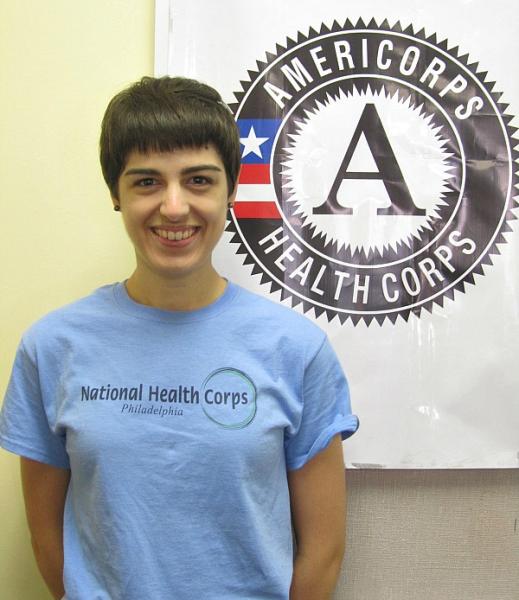Expanding Access to Health Care
“Tell me what’s going on with your insurance.”
“I don’t have any.”
“And how long has that been the case?”
“I don’t know…a while…”
My patient stares at the floor, expecting a reprimand after her confession. But I’m not there to scold or to judge, I’m there to do whatever I can to help the patients at the Family Practice and Counseling Network (FPCN)-Abbottsford Falls Clinic apply for and enroll in health insurance. Through my role as a Health & Benefits Advocate, I’ve come to understand the enormity of the barriers my patients face when trying to secure just their basic needs, let alone trying to obtain health insurance. Since most of our patients are low income individuals and families, they rely on Medicaid, a government funded insurance program, to gain access to health care.
When I began my term of service at the clinic, many of our patients were already receiving coverage through Medicaid or were eligible to apply; however, a large number of equally needy patients did not meet the very restrictive eligibility requirements and were consequently left uninsured. It was heartbreaking to hear the stories of patients who were struggling to make ends meet, wanting to take a proactive approach to managing their health, but unable to see their doctor, or take the medications that were needed to manage their health conditions because they were unable to pay out of pocket. As of this month, much of that has changed.
On December 1, 2014, Pennsylvania initiated a Medicaid expansion with one of the key goals being an increased access to care. Before the expansion, the Department of Public Welfare estimated that 2.2 million people were insured through Medicaid in PA. It has been projected that 500,000 additional people are now newly eligible as a result of the expansion. This is due to several changes that have been made to the eligibility criteria. The income limit has been extended by almost $400 per month and there are no longer asset limits which had formerly penalized people for having resources such as retirement accounts.
The expansion also eliminated the need for patients to have serious or chronic health conditions in order to qualify for Medicaid insurance. This has been wonderful news for healthy patients who now qualify. Additionally, the changes are also beneficial from both a public health and a financial perspective. Having access to routine medical care allows patients to remain healthy, rather than receiving care only after they have already developed a serious and expensive medical condition, such as diabetes, that could have been avoided or delayed with preventative health care.
Of course, the Medicaid system has not suddenly been made perfect. Some patients are still found ineligible, and those that already have Medicaid coverage will likely be experiencing benefit cuts. However, the general response to Medicaid expansion from individuals I serve has been overwhelmingly positive and is seen as a step in the right direction. For the thousands of newly eligible patients, it also means one less barrier they’ll have to face in order to access health care.
For more detailed eligibility requirements and information, click here.

This post was written by PHC member Deanna Puglia.
Deanna serves with the Family Practice & Counseling Netowork at Abbottsford Falls as a Health & Benefits Advocate.